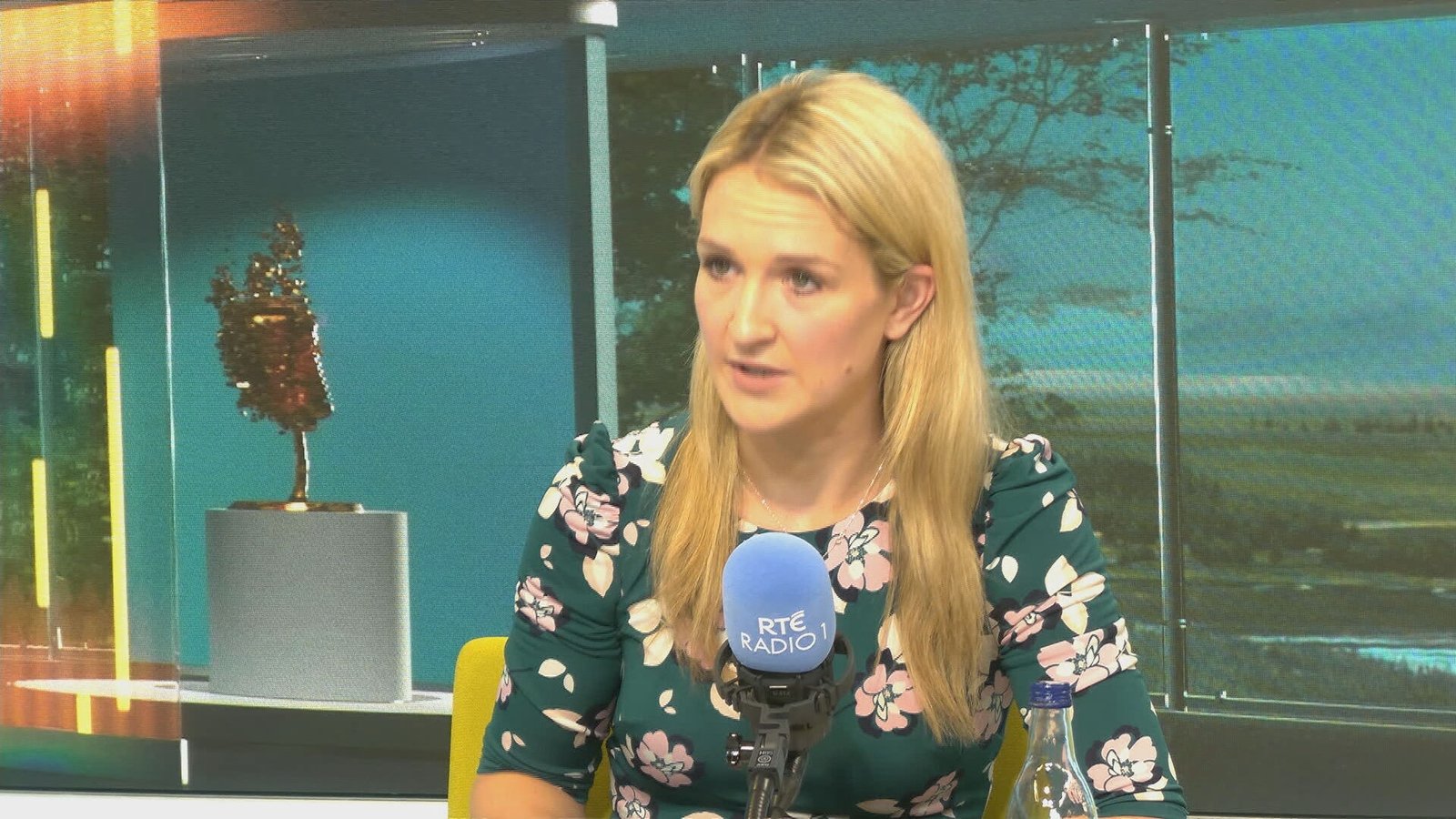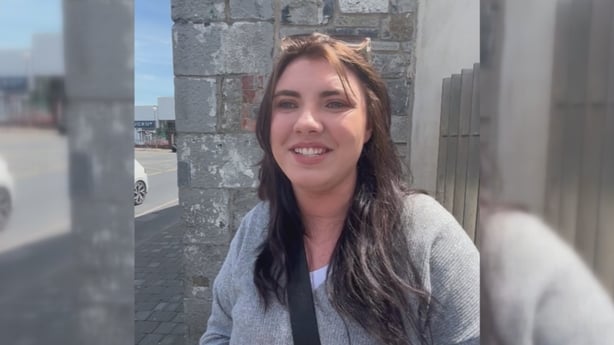World
McEntee hails Limerick attack survivor for speaking out

The Minister for Justice has commended Natasha O’Brien for speaking openly and bravely following the “vicious” assault on her, adding that the DPP can lodge an appeal after a serving solider received a fully suspended sentence over the attack.
“It’s so important that victims of violence come forward,” she said, adding that she could not comment on the case as there’s a clear separation of powers.
Speaking on RTÉ’s Today with Claire Byrne, Minister Helen McEntee said the DPP can appeal a case in a scenario such as that involving Ms O’Brien.
Ms O’Brien yesterday said it was “not justice” after a serving soldier who beat her unconscious in a random street attack, and boasted about it on social media, walked free from court after being given a fully suspended sentence.
Cathal Crotty, 22, of Parkroe Heights, Ardnacrusha, Co Clare, had initially tried to blame Ms O’Brien, by wrongly telling gardaí who arrested him that she had instigated the attack on O’Connell Street in Limerick on 29 May 2022.
However, after Crotty was shown CCTV footage of him setting upon her without provocation he admitted his guilt, Limerick Circuit Criminal Court heard.
“I cannot commend her enough for what she has done. And the bravery that she has shown. It is always open to the DPP to appeal a sentence. I say that broadly,” Ms McEntee said.
“It is so important that we support victims and that we encourage them to do what Natasha has done, as difficult as it has been, and it is important to acknowledge somebody has been found guilty here, there has been a prosecution, there has been a conviction for this brutal and unprovoked assault on a young woman who walking down the road which shouldn’t have happened.
Pressed on whether Crotty should still be in the Defence Forces, Ms McEntee said that it was not a matter for her to say.
“I think if any person is willing to stand up in court and give a character reference, they should be willing to stand over it”
She also said new laws to ensure that those giving character references can be cross-examined in cases involving gender-based violence will be enacted in the coming weeks.
“What I have tried to do for the last number of years is make sure that victims are protected, they can come forward, that support is there for them. But also that those guilty of these crimes are held accountable,” she said, before citing that in recent months the maximum sentence for assault causing harm has been increased from 5 to 10 years.

“I think if any person is willing to stand up in court and give a character reference, they should be willing to stand over it,” Ms McEntee said.
“They should be willing to be cross-examined which is exactly what this law will do.
“But where somebody has been found guilty and there is a sentencing, if somebody is willing to stand up knowing somebody has been found guilty, they should be in a position that they can be cross-examined and stand over what they’re saying. And I say that broadly for any specific case,” she added.
We need your consent to load this comcast-player contentWe use comcast-player to manage extra content that can set cookies on your device and collect data about your activity. Please review their details and accept them to load the content.Manage Preferences
‘Long way to go’ on gender-based violence
Ireland still has a long way to go when it comes to gender-based violence, Ms McEntee said, but she added that legally, Ireland is in a better space than it was before and more women are coming forward.
“More women are coming forward because we are talking about it, we now have a whole of Government strategy that says everybody has a responsibility to deal with this issue,” she said.
“This is an epidemic, if what we saw what happened to Natasha was happening at the same rate as we know it’s happening in peoples’ homes, there wouldn’t be a day we weren’t talking about this.
“But because it’s behind closed doors in peoples’ homes, there is still a reluctance to talk about it in the way that we should,” she added.
She said that work on this would continue across the board but it was about making sure women felt confident in coming forward and that they will get support and justice.










